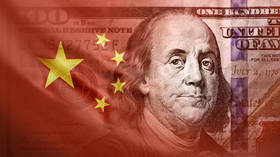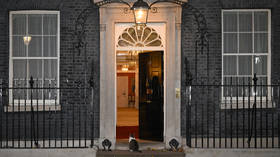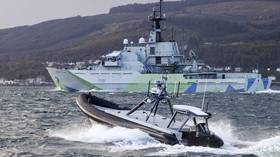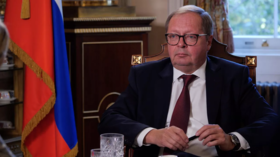EU-owned tankers boost Russian oil shipments
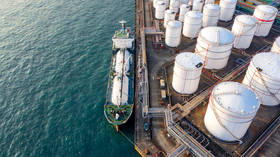
Exports of Russian oil loaded in Western-insured tankers surged in January as prices for Moscow’s flagship Urals grade stood below the cap set by the Group of Seven (G7) countries and the European Union, Reuters reported, citing tracking data.
The price cap on Russian seaborne oil exports of $60 per barrel was introduced by the EU, G7 countries, and Australia on December 5. It bans Western companies from providing insurance and other services to shipments of Russian oil unless the cargo is purchased at or below the set price.
The average price for Urals oil blend was at $49.50 per barrel on a free-on-board basis (FOB) on Tuesday for shipments from the port of Primorsk, and at $47.83 FOB from Novorossiisk, traders told the outlet.
Western tankers are set to carry more than 9.5 million tons of crude from the Russia, hitting a multi-month high in January as soaring Asian demand pushes up prices. This month’s loadings of crude from Russia and Kazakhstan from only two ports of Ust-Luga and Primorsk are expected to reach the highest volumes since 2019, amounting to 7.4 million tons, traders’ data showed.
A quarter of all Urals shipments from Russia in January were handled by EU-owned vessels mainly from Greece, twice as much as in December.
Meanwhile, other Russian export blends such as Sokol and ESPO are trading well above the price cap, with Sokol being contracted at about $78 per barrel and ESPO trading at over $72 per barrel as of Tuesday.
Russia has been opposed to the price cap initiative from the start. Last month, President Vladimir Putin signed a decree banning the supply of Russian oil and oil products to foreign buyers that “directly or indirectly” mention the cap in their contracts. The ban came into force on February 1, and will be valid for at least five months.
For more stories on economy & finance visit RT's business section


